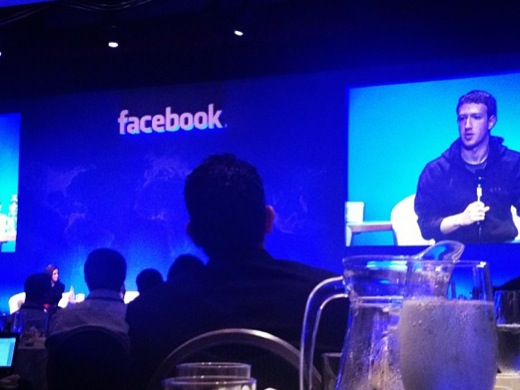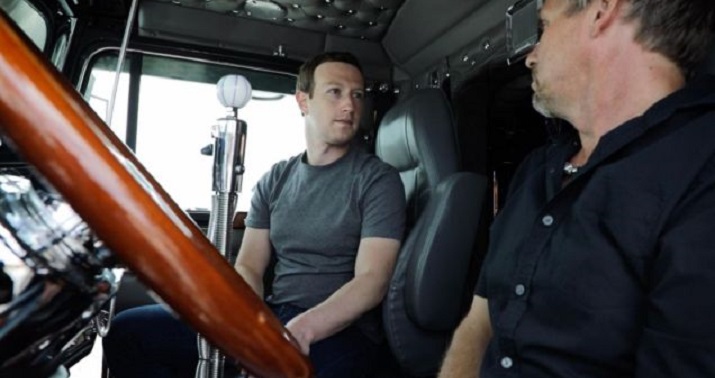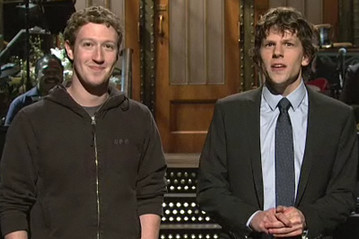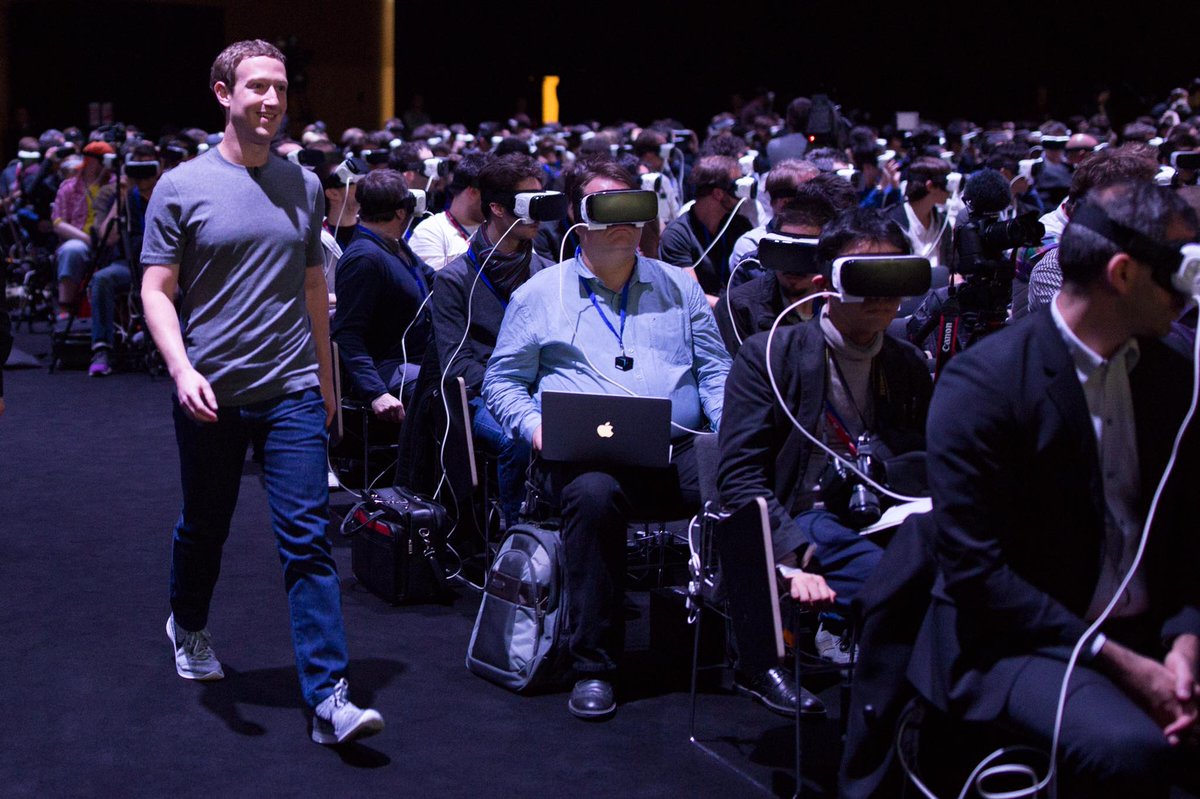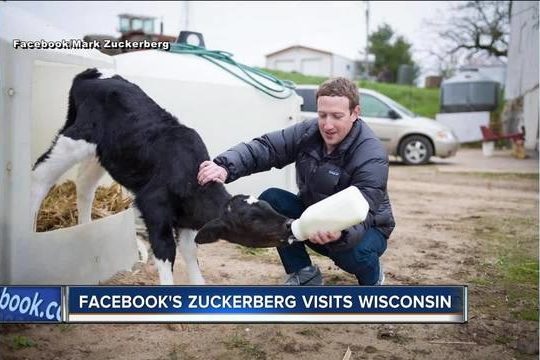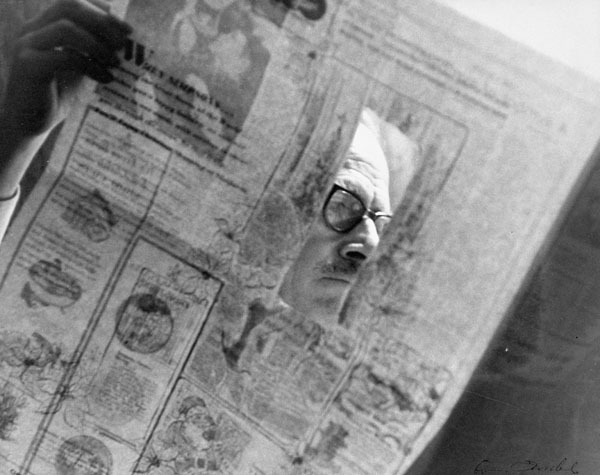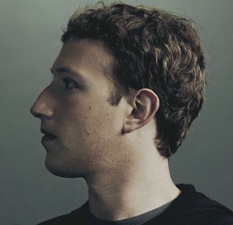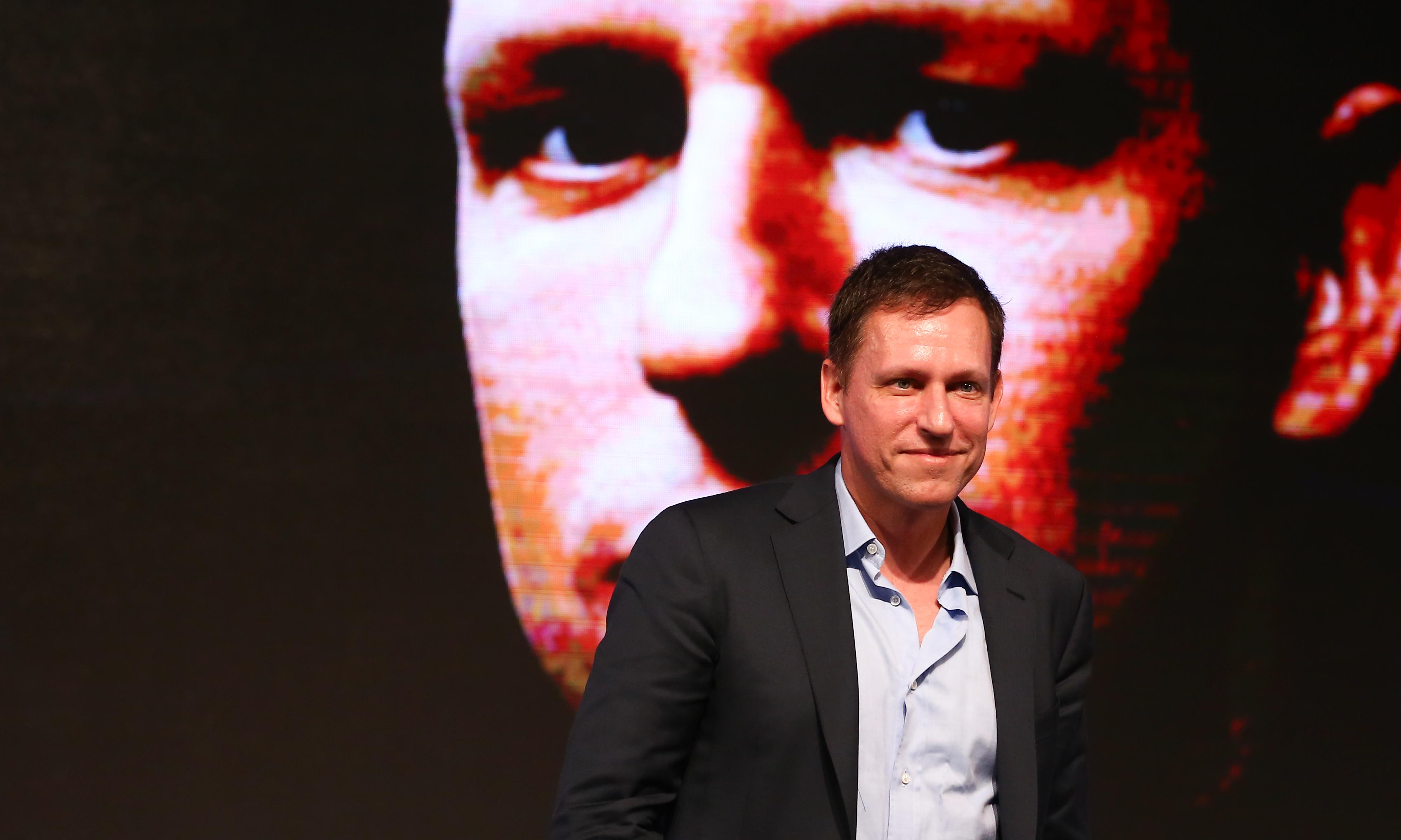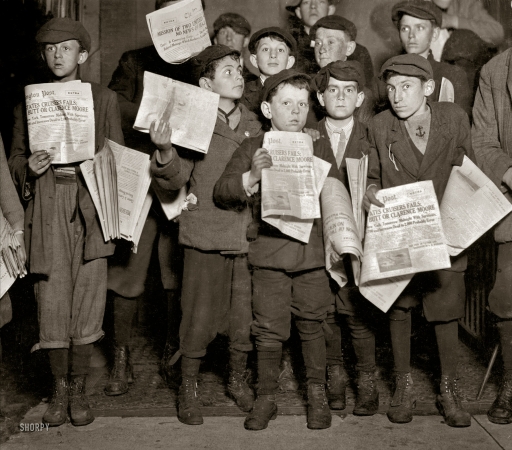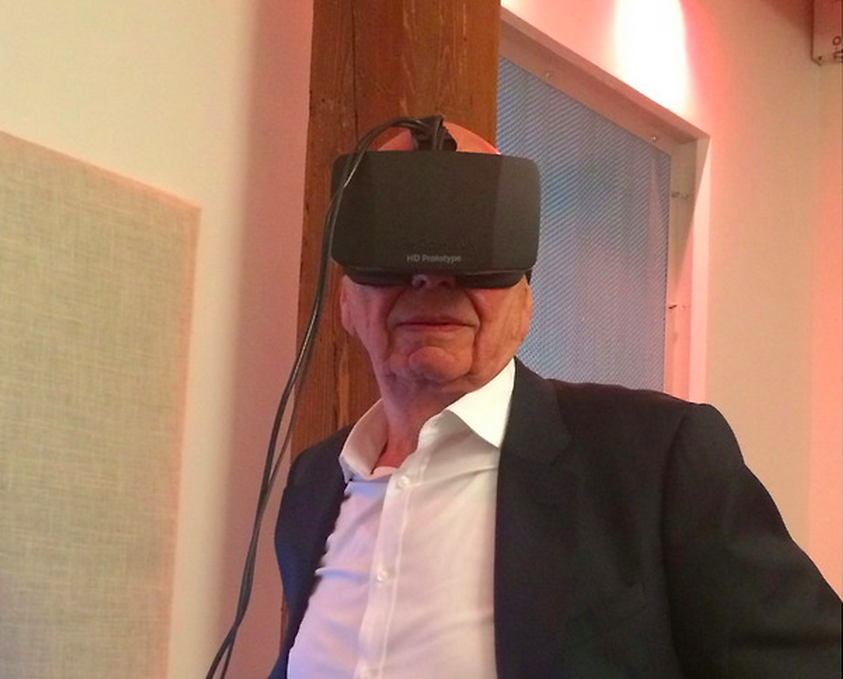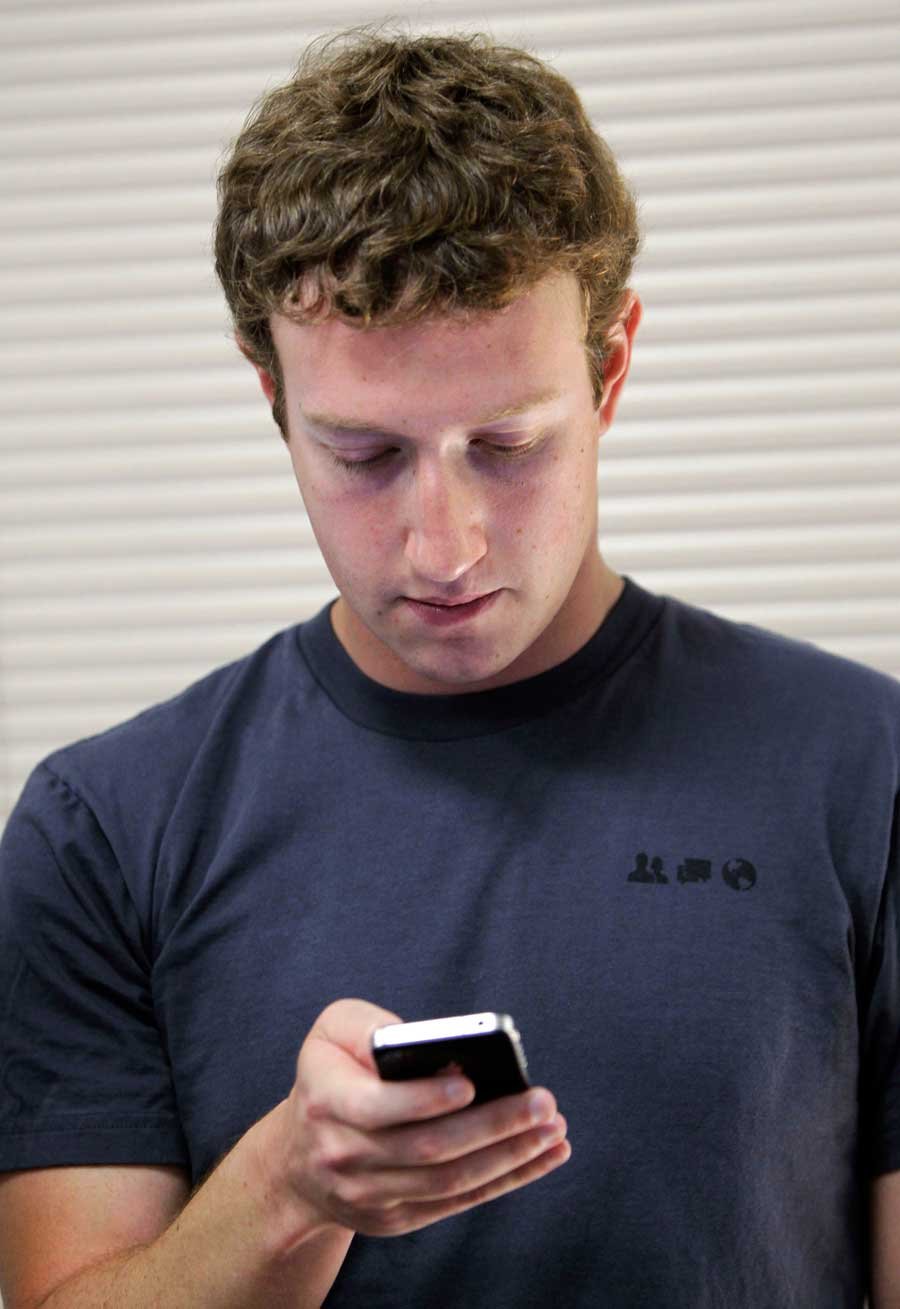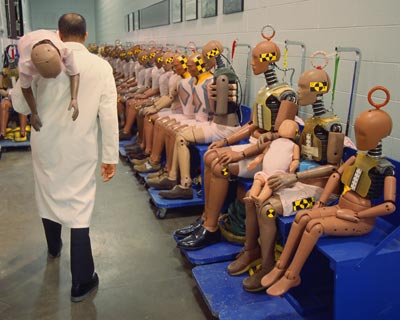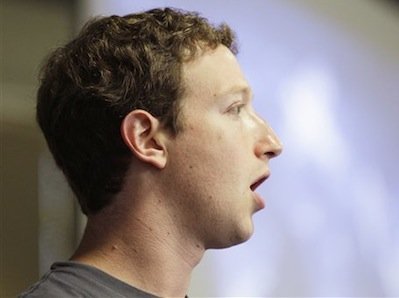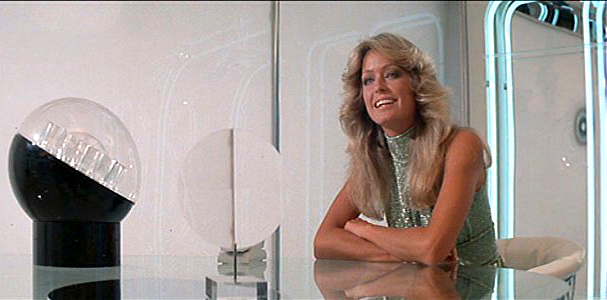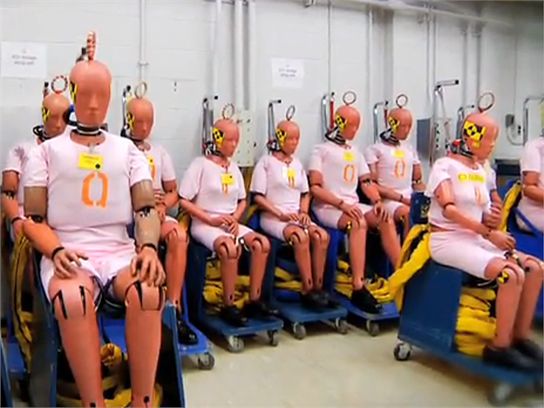This Is Scary pic.twitter.com/dRf4UpMcWb
— Yashar Ali 🐘 (@yashar) November 17, 2017
I think what algorithms can do with hardly anyone noticing is far scarier than a large robot doing a back flip. https://t.co/RSk21PHMLL
— Afflictor.com (@Afflictort) November 18, 2017
Don’t pay as much attention to the bells and whistles as the engines that barely make a hum.
The algorithms and sensors that work quietly and efficiently without pause are a different sort of threat than drones and bombs and humanoid robots that can stick a landing, but give them time and they can do a far more pervasive job.
Similarly, it’s a good idea to dismiss the public posturing of Facebook founder Mark Zuckerberg as he treks around the country for his American “listening tour,” milking cows and drinking coffee in truck-stop diners the way an actual human might, and focus instead on the company’s attempts to distance itself from the disaster of the 2016 election. Sheryl Sandberg promises Facebook will take responsibility for its failings in the same breath that she asserts that “at our heart we’re a tech company—we don’t hire journalists.”
Talk of a Zuckerberg run for the White House in 2020 has been all but silenced since it’s clear he’s not even fully capable of running his virtual kingdom. What seemed like an impenetrable fortress a year ago may now be stormed by regulators eager to do a job that Facebook (and Google and Twitter) either can’t or won’t do.
The opening of Edward Luce’s FT column “The Zuckerberg Delusion“:
Here is what Mark Zuckerberg learned from his 30-state tour of the US: polarisation is rife and the country is suffering from an opioid crisis. Forgive me if I have to lie down for a moment. Yet it would be facile to tease Mr Zuckerberg for his self-evident observations. Some people are geniuses at one thing and bad at others. Mr Zuckerberg is a digital superstar with poor human skills.
Facebook’s co-founder is not the first Silicon Valley figure to show signs of political inadequacy — nor will he be the last. But he may be the most influential. He personifies the myopia of America’s coastal elites: they wish to do well by doing good.
When it comes to a choice, the “doing good” bit tends to be forgotten.
There is nothing wrong with doing well, especially if you are changing the world. Innovators are rightly celebrated. But there is a problem with presenting your prime motive as philanthropic when it is not. Mr Zuckerberg is one of the most successful monetisers of our age. Yet he talks as though he were an Episcopalian pastor.
“Protecting our community is more important than maximising our profits,” Mr Zuckerberg said this month after Facebook posted its first ever $10bn quarterly earnings result — an almost 50 per cent year-on-year jump. When a leader goes on a “listening tour” it means they are marketing something. In the case of Hillary Clinton, it was herself. In the case of Mr Zuckerberg, it is also himself. Making a surprise announcement that Mr Zuckerberg would be having dinner with an ordinary family is the kind of thing a Soviet dictator would do — down to the phalanx of personal aides he brought with him.
This is not how scholars find out what ordinary families are thinking. Nor is it a good way to launch a political campaign.
Ten months after Mr Zuckerberg began his tour, speculation of a presidential bid has been shelved. Say what you like about Donald Trump but he knows how to give the appearance of understanding ordinary people. More to the point, Facebook has turned into a toxic commodity since Mr Trump was elected. Big Tech is the new big tobacco in Washington. It is not a question of whether the regulatory backlash will come, but when and how.•

